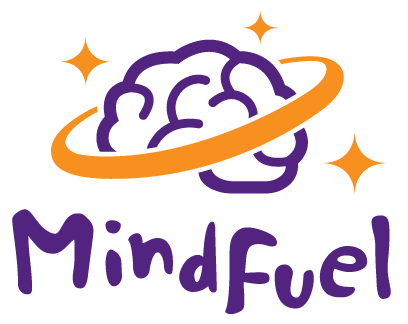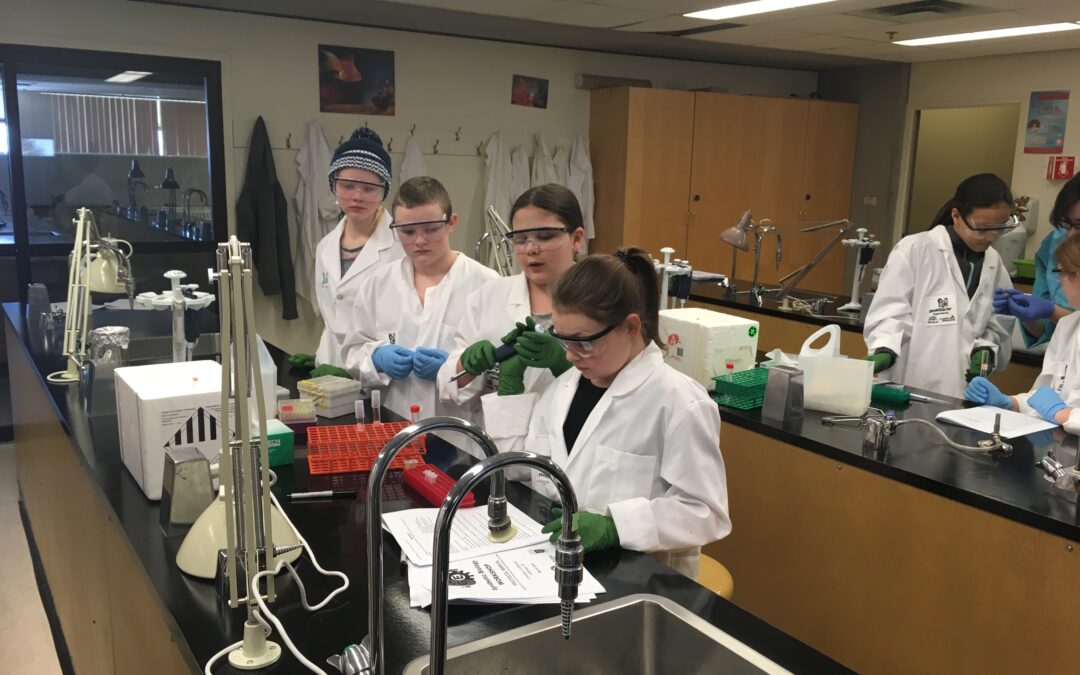In March, 54 high school and university students from across Alberta were given the chance to get some valuable advice from some extremely talented and experienced members of the synthetic biology research and industry community. Over the weekend of March 2-3, five student teams – and hopeful competitors in the iGEM (International Genetically Engineered Machines) competition – converged at the University of Lethbridge campus for a weekend of mentorship, exploration, and hands-on skill building.
The workshop consisted of “wet lab” sessions – where students spend a day in a working university laboratory, conducting bioengineering experiments – and iGEM-focused seminars. Over two days, this hands-on workshop gave students the opportunity to learn standard wet lab protocols and develop their iGEM projects with the assistance of experienced mentors and instructors.
“Overall, the Web Lab Skills workshop was a great opportunity for students to learn and develop the skills associated with synthetic biology,” says Alex Kilcommons, grade 6 teacher, Our Lady of the Snows Catholic Academy (OLS) in Canmore, Alberta. “The weekend proved quite stimulating and challenging for our younger students, but also encouraged them to ask questions and increase their understanding about iGEM and synthetic biology lab skills.”
The hands-on lab sessions were run by Laura Keffer-Wilkes, Manager of SynBridge Infrastructure – the main synthetic biology branch at the University of Lethbridge – with the help of student mentors, Kristi Turton and Luke Saville.
The seminars were led by experienced professionals and mentors, including Emily Hicks, President of FREDsense Technologies; Ethan Agena, University of Alberta student majoring in engineering; Chris Isaac, University of Lethbridge student majoring in bioinformatics; and Sydnee Calhoun, University of Lethbridge student majoring in biochemistry. The seminars covered a wide range of topics, exposing students to a variety of aspects in these STEM-based industries, including integrated human practices, designing and ordering genes, team marketing and branding, and Wiki coding and coding practice.
”The annual Wet Lab Skills workshop at the University of Lethbridge is an incredible opportunity for geekStarter synthetic biology teams to learn from mentors with relevant expertise and to gain valuable, hands-on experience in a working university laboratory,” says Magda Pop, geekStarter project manager at MindFuel. “It’s such a pleasure to witness these students expand their horizons – it’s often the first opportunity many of the high school teams have to experience a state-of-the-art, university-level lab environment, and it makes a huge impact on their projects.”
The next geekStarter event will welcome Alberta students working on robotics and automation projects for a day-long skills building and project development workshop Saturday, April 13, 2019 in Edmonton. For more information, please visit develop.mindfuel.ca/geekStarter.

